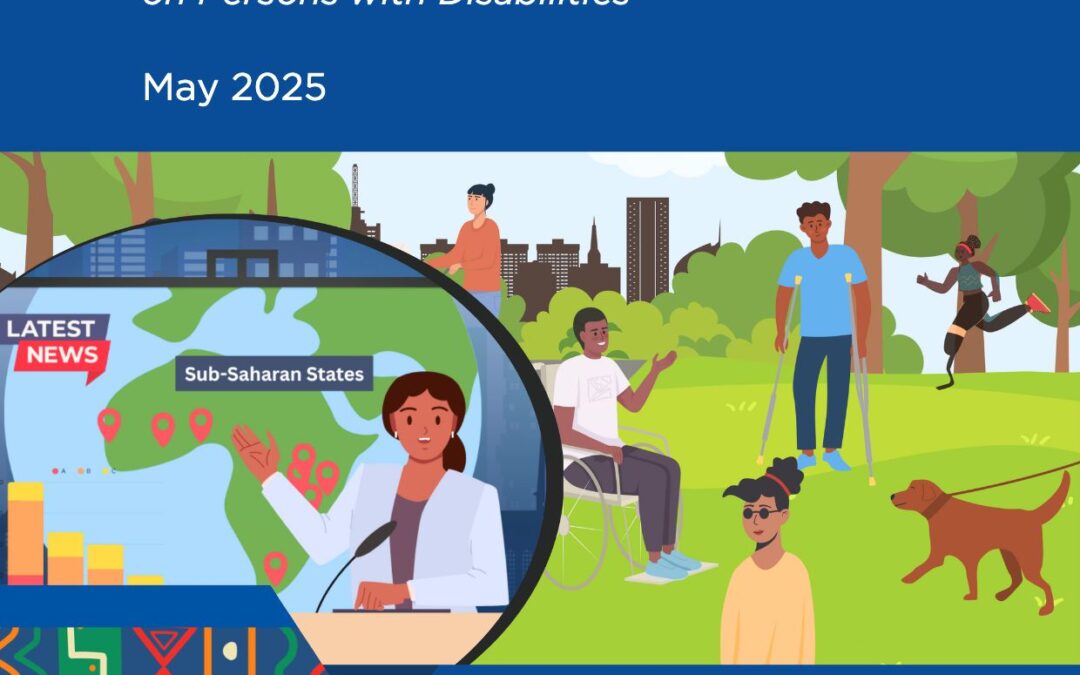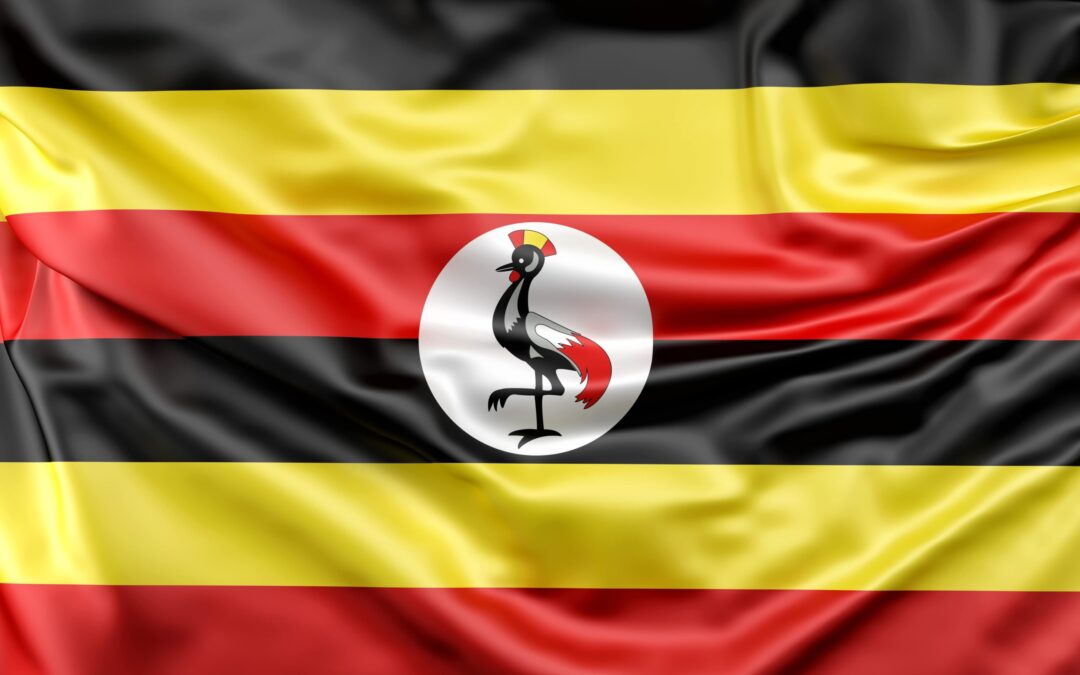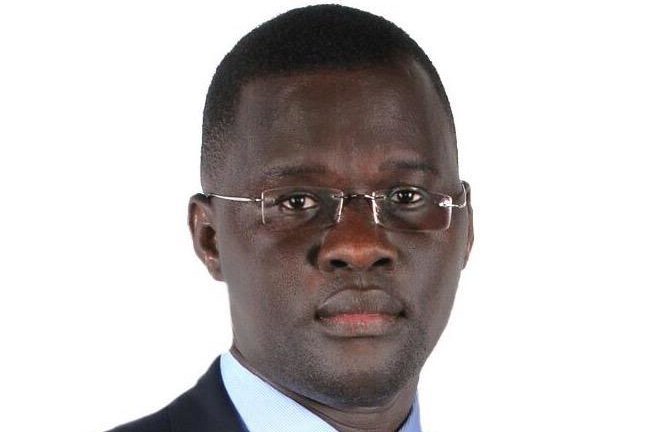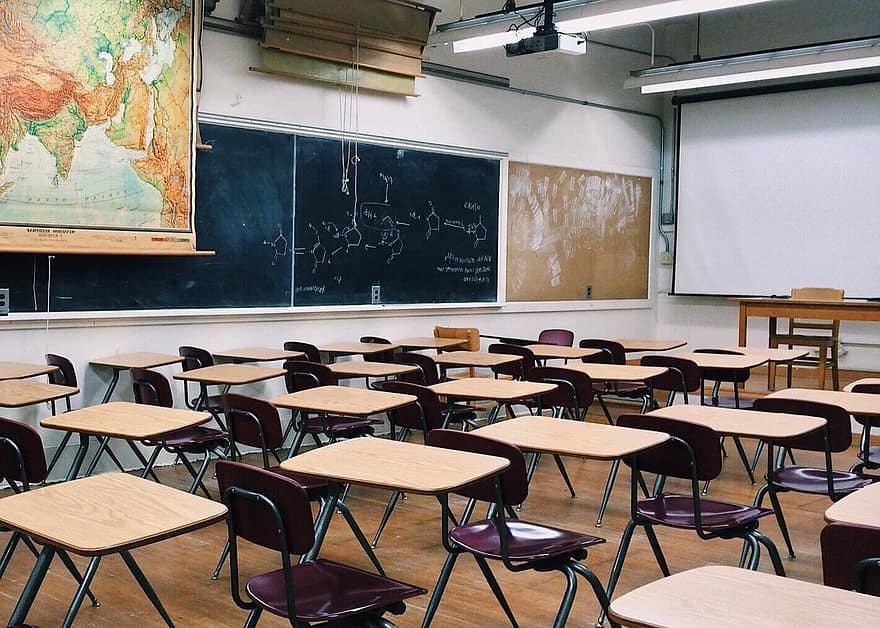


Africa region: Human rights advocates call on authorities to support the work of NGOs advancing the human rights of LGBTQI+ people in East and Southern Africa
On 11 April 2023, the International Commission of Jurists (ICJ) convened an online panel of five human rights advocates from East and Southern Africa to discuss the obstacles preventing organizations working to advance the human rights of lesbian, gay, bisexual, transgender, queer and intersex (LGBTQI) people in their countries from registering to operate. The webinar unpacked the advocacy and legal strategies that can, and indeed have been successfully used in some contexts, to challenge discriminatory laws and policies.

Uganda: Supreme Court Justice Esther Kisaakye must be granted a fair hearing to contest discipline charges
The International Commission of Jurists (ICJ) is concerned about allegations of arbitrary and unfair treatment against Ugandan Supreme Court Justice Esther Kisakye and the implications it may carry for the independence of the judiciary in Uganda.

Lawyers for Lawyers and the ICJ call for the dropping of baseless charges against Ugandan lawyer Nicholas Opiyo
Lawyers for Lawyers (L4L) and the ICJ condemn the spurious charges under the Anti-Money Laundering brought against Ugandan lawyer and human rights defender Nicholas Opiyo and call for them to be dropped.
The organizations consider that this action stands to impede work of lawyers in the country of carrying out their professional functions, particularly regarding human rights work.
There do not appear to be legitimate grounds for these charges or the ongoing prosecution. The organizations are further concerned at numerous alleged violations surrounding the arrest, detention and pre-trial proceedings.
Nicholas Opiyo, Executive Director of Chapter Four Uganda, a civil rights charity working to defend human rights and civil liberties, was arbitrarily arrested on 22 December 2020, not informed of the reason for his arrest and effectively held in incommunicado detention for a prolonged period.
On 22 December 2020, plain clothed law enforcement officers who did not identify themselves seized Mr. Opiyo from a restaurant, along with four other individuals, including three lawyers.
He was later charged under section 3 (c) of the Anti-Money Laundering Act on allegations that he acquired USD 340,000 through the bank account of Chapter Four Uganda, knowing that “the said funds were proceeds of crime”.
Chapter Four Uganda have confirmed that these are legitimate donor funds for lawful purposes.
Sophie de Graaf, the Director of Lawyers for Lawyers, said:
“Lawyers play a vital role in the protection of the rule of law and human rights. It is the responsibility of lawyers to protect and establish the rights of citizens from whatever quarter they may be threatened. Their work is indispensable for ensuring effective access to justice for all. To fulfil their professional duties effectively, lawyers should be able to practice law freely and independently, without any fear of reprisal.”
Kaajal Ramjathan-Keogh, ICJ’s Africa Director, added:
“Uganda is required under its Constitution and under its international legal obligations, to respect and protect the independence of lawyers. These baseless charges seek to intimidate and harass Mr. Opiyo and interfere with his work as a lawyer”.
Lawyers for Lawyers and the ICJ call on the Ugandan authorities to drop the spurious charges against Mr. Opiyo and to ensure that his rights to due process and fair trial are fully respected.
The organizations emphasize that the responsibilities authorities must comply with Uganda’s international legal obligations to ensure that members of the legal profession can carry out their professional functions without harassment and improper interference, including arbitrary arrest and incommunicado detention.
Background
Article 23 of Uganda’s Constitution stipulates that suspects under detention should be brought before a court of law within 48 hours from the time of arrest. Article 27 of Uganda’s Constitution requires that a person charged with a criminal offence should be informed immediately of the charges against them. Article 28 of the Ugandan Constitution guarantees for every person the right to a fair hearing and the right to legal representation. These rights are protected under the International Covenant on Civil and Political Rights and the African Charter on Human and Peoples Rights, to which Uganda is a party.
International and regional standards on ensuring the independence of lawyers are set out in the UN Basic Principles on the Role of Lawyers (UN Basic Principles) and the Principles and Guidelines on the Right to a Fair Trial and Legal Assistance in Africa.
Contact:
Kaajal Ramjathan-Keogh, ICJ Africa Director Kaajal.Keogh(a)icj.org +27 84 5148039
Tanveer Jeewa, Media and Legal Consultant Tanveer.Jeewa(a)icj.org

Africa: ICJ co-hosts webinars on the right to education
The ICJ, together with the Global Initiative on Economic, Social and Cultural Rights (GI-ESCR) and the Right to Education Initiative (RTE), held webinars on 24 and 31 July.
The discussions explored The Guiding Principles on the Human Rights Obligations of States to provide public education and to regulate private involvement in education (Abidjan Principles) and their application in the context of COVID-19.
The webinars focused respectively on public education and private education.
Participants included judges and representatives of civil society organizations from Kenya, Uganda, South Africa and Sierra Leone.
“The aim of the conversation in these webinars is to better understand the problems facing civil society and judiciaries in the four countries in ensuring the protection of the right to education in the context of Covid-19 and the increased privatization of education,” said ICJ Commissioner Justice Jamesina King of Sierra Leone.
The Abidjan Principles, based in large measures on existing international law and standards, were developed by leading international experts and adopted in 2019.
They clarify and set out elements of State obligations to uphold the right to education and related standards in both public and private educational settings.
Participants were able to deepen their understanding of the Abidjan Principles as well as the increased pressure placed on education systems across Africa as a result of COVID-19.
“COVID-19 has dramatically exacerbated already well-known issues in the realization of the right to education” and the “divide in quality of access to education between public and private sectors,” added Justice King.
“Private actors in particular… have been reported to have capitalized on the pandemic to extend their business in the education sectors.”
Participants raised concerns about the use of public funds to support private actors in education, an issue which is addressed by the Abidjan Principles.
Ashina Mtsumi from the GI-ESCR, summarized the Abidjan Principles and emphasized that “States’ first priority should be public education, as there is no obligation for states to fund private actors in education.”
A theme emerging from the discussions was the important role of the State in regulating private actors in education in the context of the global pandemic. Judges discussed the role of the judiciaries in their respective countries in ensuring the protection of the right to education.
“Can courts force private institutions to continue [operating] or even reduce school fees as an incidence of the right to education?,” Justice Joel Ngugi of Kenya asked.
Justice Ngugi also highlighted the need for governments to ensure that schools are safe for all learners in the context of COVID-19.
Judge Lydia Mugambe said that while in Uganda the pandemic had seen some private schools continuing with online learning, learners in public schools had had to depend on State provision of learning through newspapers and news stations which had not been sufficient. In the COVID-19 context, States must ensure that they continue to “require private instructional educational institutions to meet the minimum standards set by the State”, as indicated by the Abidjan Principles.
“The real problem is that our infrastructure is bad, the education system is bad and we have had a constitutional right to education since 1994 and I am embarrassed to say that the Covid-19 crisis has not exacerbated the problems, but has exposed the problems and have left no place to hide for years and years of government negligence,” said former Justice of the Constitutional Court in South Africa Zak Yacoob.
Representative from civil society organizations from all four countries emphasized the increasing risks introduced to the right to education as a result of privatization of education in Africa.
Watch the first webinar here.
Contact:
Khanyo Farisè (ICJ Legal Adviser) e: Nokukhanya.Farise(a)icj.org
Tim Fish Hodgson (ICJ Legal Adviser) t: +27828719905; e: timothy.hodgson(a)icj.org




